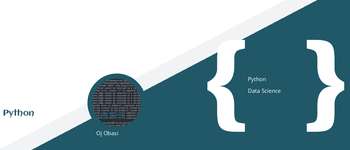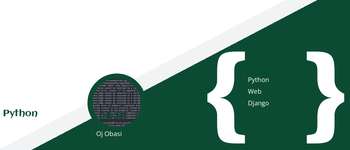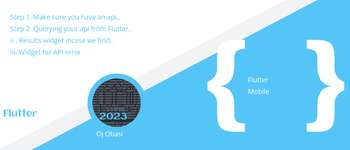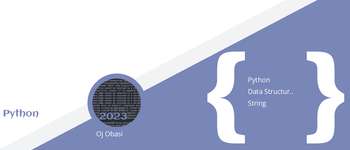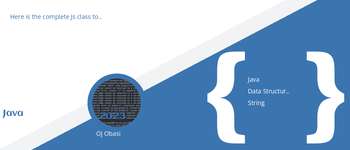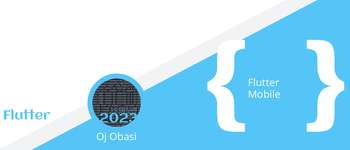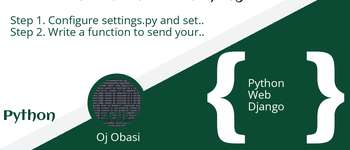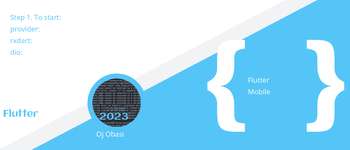Software Engineering College Level Quiz Question Sets 2
Question 1
True or False: The two major activities of data modeling are the creation and refinement of an entity-relationship diagram (ERD) and entity structure analysis.
Select one:
- True
- False
The correct answer is 'True'.
Question 2
Useful tools for software engineers DO NOT include:
Select one:
- a. process dependencies
- b. synchronization matrix
- c. process hierarchies
- d. object diagrams.
The correct answer is: synchronization matrix
Question 3
The following is an example of Booch diagram?
Select one:
- True
- False
The correct answer is 'True'.
Question 4
An Event diagram depicts all objects and their processes in the application, including both service and problem domain objects.
Select one:
- True
- False
The correct answer is 'False'.
Question 5
True and False: Booch diagrams are also called module structure diagram
Select one:
- True
- False
The correct answer is 'True'.
Question 6
A/An _ is an entity from the real world whose processes and attributes (that is, the data) are modeled in a computerized application.
Select one:
- a. Abstract Data Type
- b. Class/Objects
- c. Object
- d. Class
The correct answer is: Class/Objects
Question 7
The ____model defines all state changes and associates each with an action.
The ______ model defines all actions and associates each with a state.
Select one:
- a. Moore, Mealy
- b. Mealy, Moore
- c. State, transition
- d. Transition, state
The correct answer is: Mealy, Moore
Question 8
A ___ depicts specific transformations and outputs as effects and identifies the input data causing those effects
Select one:
- a. Boundary value analysis
- b. Cause-effect graph
- c. Bottom up testing
- d. Top down testing
The correct answer is: Cause-effect graph
Question 9
1 2 3 4 5 6 7 8 | |
Select one:
- a. Re-entrant Pseudo Code
- b. Recursive Pseudo Code
- c. Reusable Pseudo Code
- d. None of above
The correct answer is: Recursive Pseudo Code
Question 10
__ is the extent to which programs can be coded to intercept and handle program errors without abending a program.
Select one:
- a. Modularization
- b. Inheritance
- c. Exception handling
- d. Polymorphism
The correct answer is: Exception handling
Question 11
______, the third level of data type checking, permits operations only on data objects of the same data type when they are defined in the same module.
Select one:
- a. Strong type checking
- b. Pseudostrong type checking
- c. Typeless checking
- d. Mixed mode type checking
The correct answer is: Pseudostrong type checking
Question 12
The following figure depicts the ___ testing technique.
Select one:
- a. Black box testing
- b. White box testing
- c. Bottom up testing
- d. Top down testing
The correct answer is: White box testing
Question 13
Strong type checking, the third level of data type checking, permits operations only on data objects of the same data type when they are defined in the same module.
Select one:
- True
- False
The correct answer is 'False'.
Question 14
Integration tests verify that the functional specifications are met, that the human interface operates as desired, and that the application works in the intended operational environment, within its constraints.
Select one:
- True
- False
The correct answer is 'False'.




